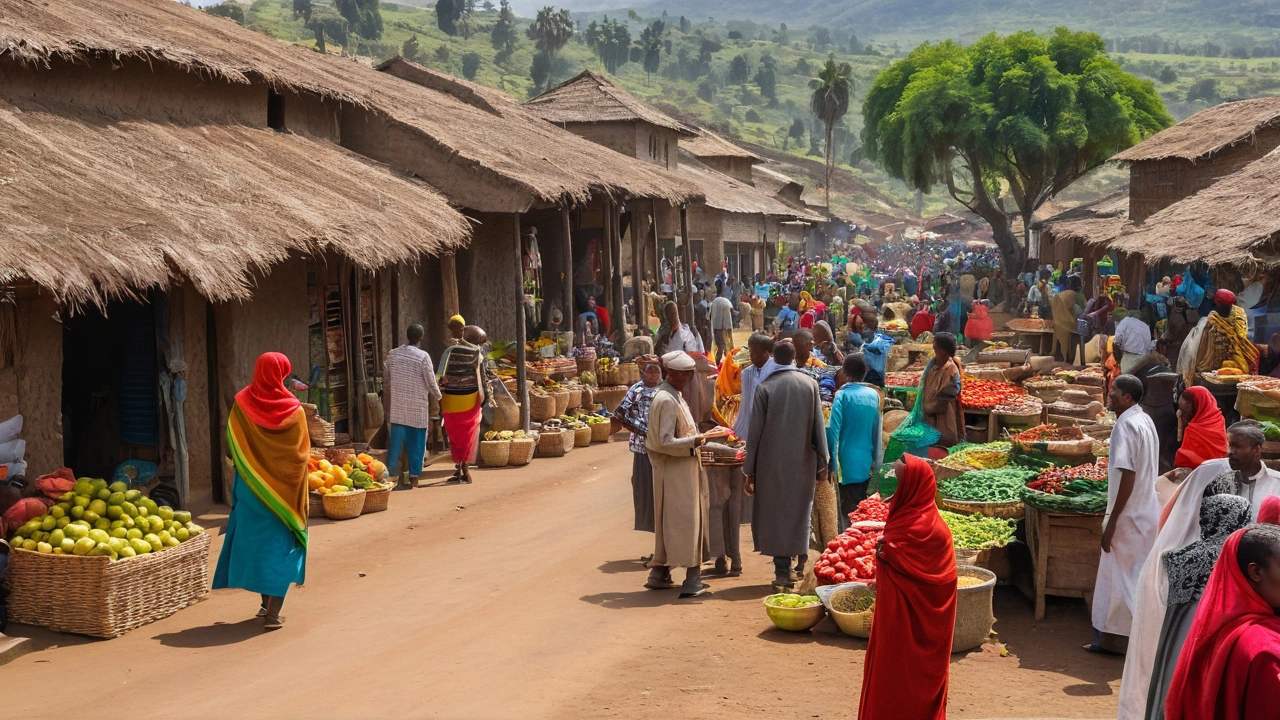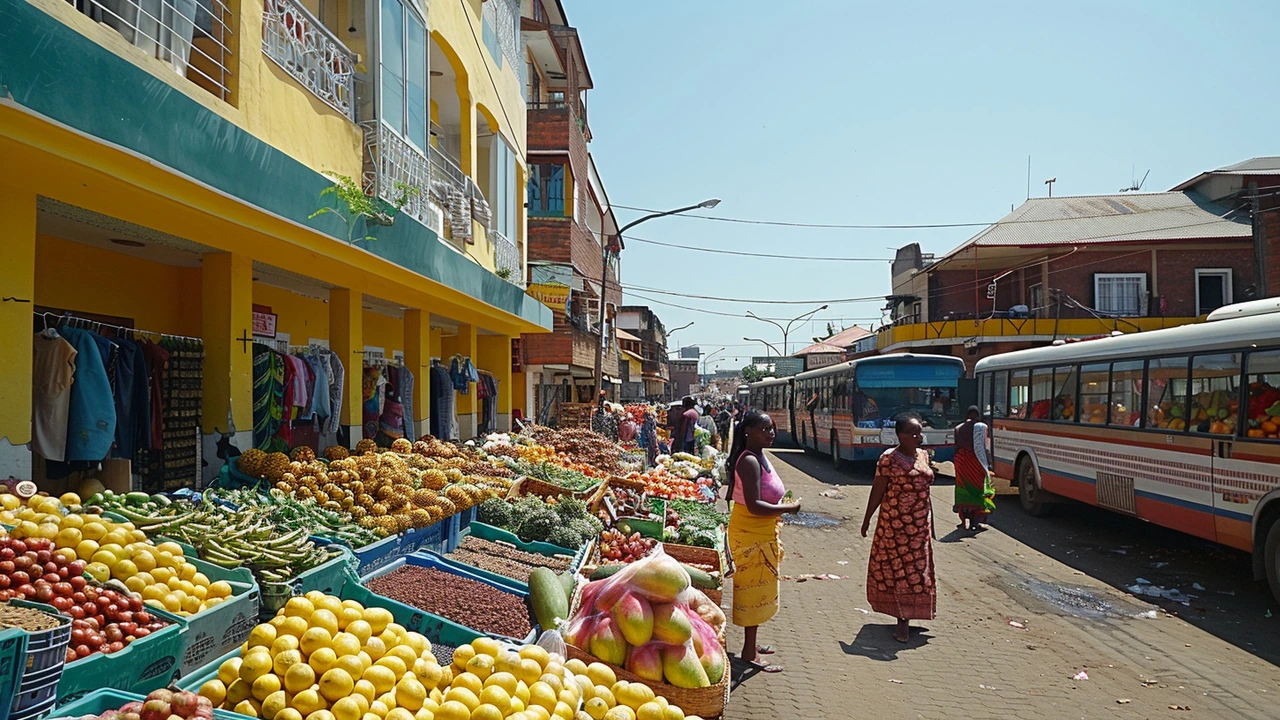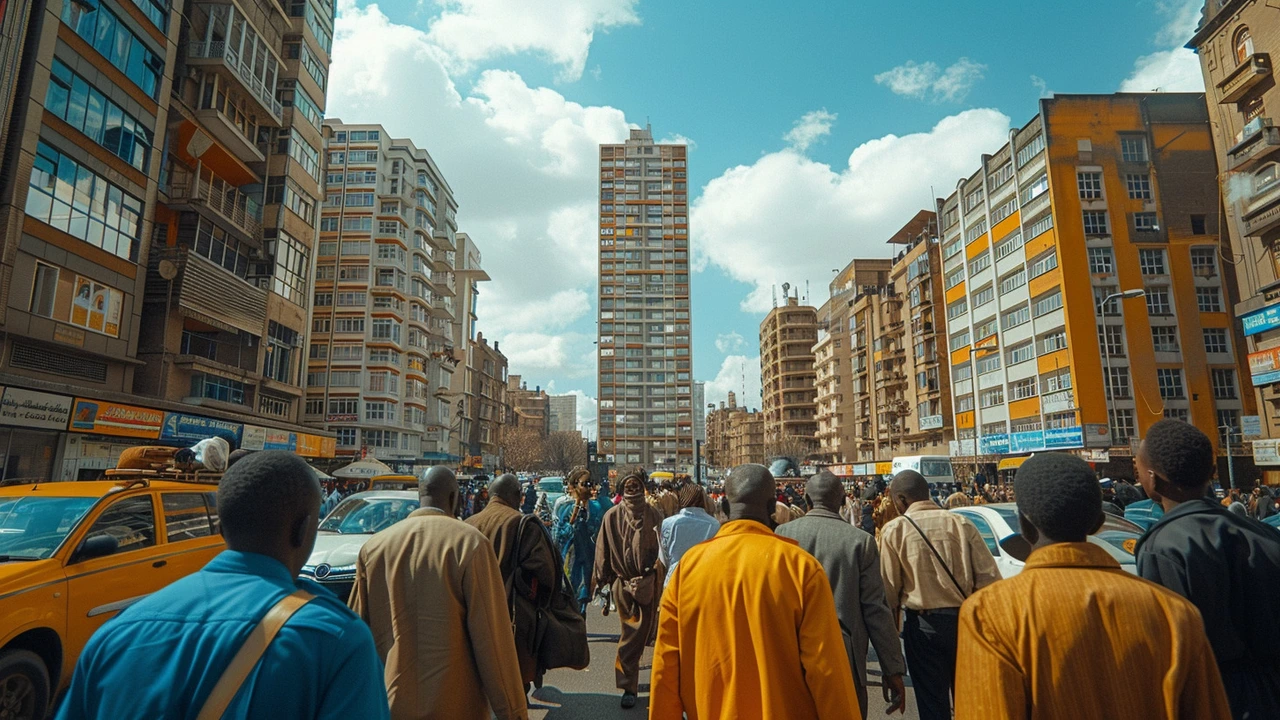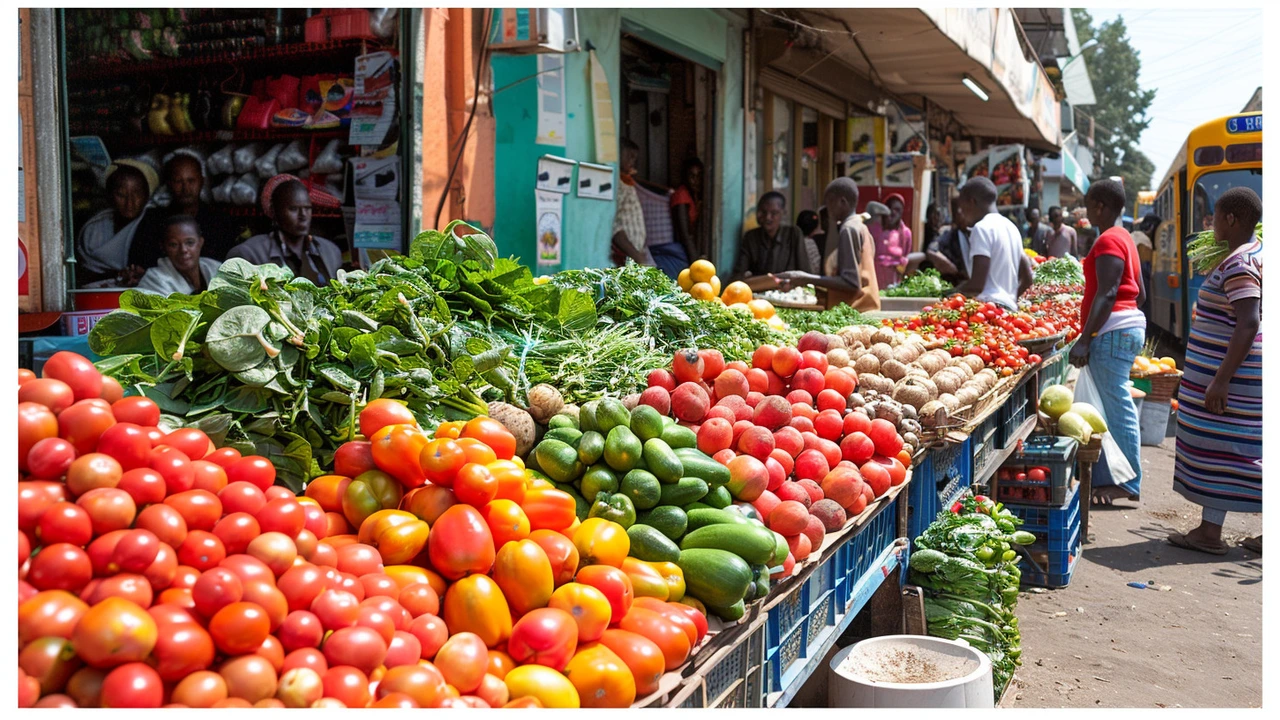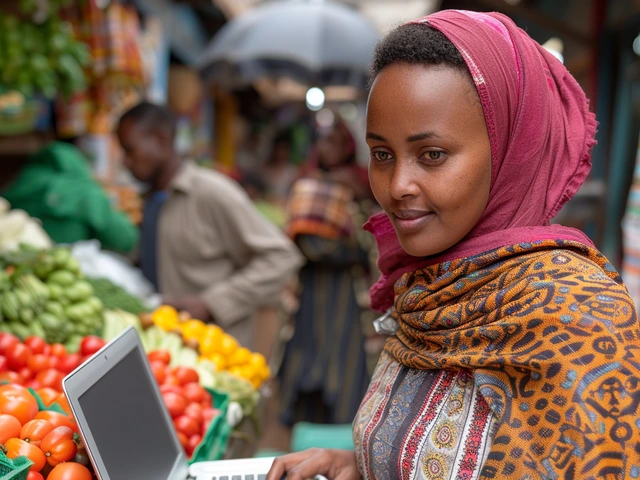Lifestyle in Ethiopia: Real Costs, Housing, and Everyday Life
Thinking about living in Ethiopia? The lifestyle here can catch you off guard if you’re not prepared. From what you’ll pay in rent to handling daily routines, Ethiopia has its own rhythm—sometimes exciting, sometimes tricky.
Let’s cut straight to the numbers. In cities like Addis Ababa, rent isn’t one-size-fits-all. Prices change fast, and what you pay depends on your neighborhood and the kind of home you want. Expat hot-spots and trendy districts are pricier, while quieter suburbs can be surprisingly affordable. Most rentals are quoted in Ethiopian birr, but if you’re coming from abroad, knowing how to convert those numbers to dollars helps you budget without surprises. For example, in 2024, a modest one-bedroom in Addis might set you back $200 to $400 a month, but luxury spots can go higher. Out in the countryside, rents tumble but you’ll trade convenience for lower costs.
But rent’s just the start. Everyday expenses—food, transport, mobile data, and even coffee—are part of the bigger picture. Ethiopia is known for affordable produce in local markets, but supermarket goods and imported items can raise your monthly bills. Public transport is cheap compared to most countries, but if you’re relying on taxis or ride-sharing apps, costs add up. Cooking at home saves cash, with a week’s worth of veggies and injera costing a fraction of what you’d spend dining out. That said, eating out occasionally is a great way to soak in Ethiopian culture—even budget-friendly cafés serve top-notch coffee and meals.
Daily life comes with challenges that aren’t always obvious at first. Power cuts, patchy internet, and the unpredictability of city traffic can test your patience. Locals are pros at handling these hiccups—backup chargers, flexible schedules, and a good sense of humor go a long way here. Adapting to these rhythms isn’t just necessary, it can even be a bit of an adventure.
Managing your budget in Ethiopia isn’t about penny-pinching—it’s about understanding where your money goes. Some folks live comfortably on $600 to $800 a month all in (rent, transport, food, and leisure). Expat families, or anyone choosing international schools and imported foods, should plan for more. But if you love markets, local cafés, and exploring on foot, you’ll find it’s possible to build a satisfying life without splurging.
Curious about whether Addis Ababa is a good fit? The city’s job scene is growing, and so is the demand for skilled professionals. At the same time, finding the right gig or home means knowing where to look—and being open to local advice. Expats and locals agree: connecting with community groups and trusted colleagues makes the journey smoother.
In Ethiopia, adapting isn’t just about cutting costs or finding cheaper rent. It’s about creating a life that feels right for you, whether that means bustling city days or the calm of rural life. If you plan ahead and stay open-minded, the country’s challenges become part of the story—one you’ll be glad you experienced firsthand.
